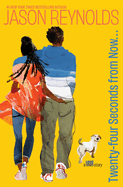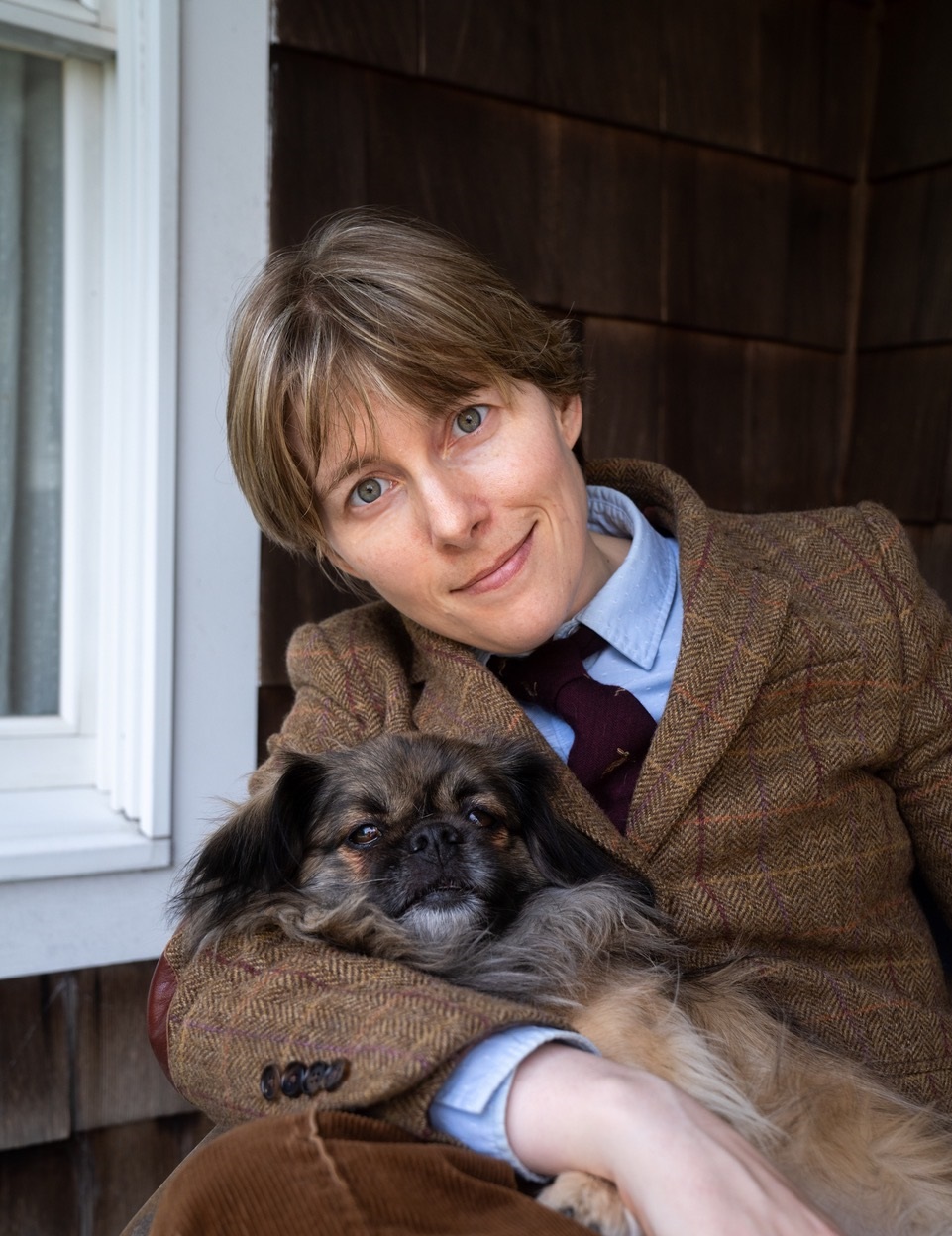 |
| photo: Becca Farsace |
Elyse Graham is a historian and professor at Stony Brook University in New York. She holds degrees from Princeton, Yale, and MIT, and is the author of three previous books. Her fourth book, Book and Dagger: How Scholars and Librarians Became the Unlikely Spies of World War II (Ecco, September 24, 2024), is the story of the academics who became OSS spies and helped turn the tide of the war.
Handsell readers your book:
The untold true story of how professors and librarians fought in World War II and invented modern spycraft, for fans of dark academia and spy thrillers.
On your nightstand now:
Bring Up the Bodies by Hilary Mantel. Nobody does conversations like Mantel. And nobody since Jane Austen has had such command of a certain brutal, delicate irony. We were robbed of the Jane Austen adaptation she was working on when she passed away.
Favorite book when you were a child:
From the Mixed-Up Files of Mrs. Basil E. Frankweiler by E.L. Konigsburg. Two children run away to live in the Metropolitan Museum of Art. What a life! And what a book!
Your top five authors:
I'll stick with contemporary authors: Hilary Mantel, Edward P. Jones, Toni Morrison, Patricia Lockwood, Bill Bryson.
Book you've faked reading:
There's a plotline in a David Lodge book, Changing Places, in which a college's literature professors play something called "the humiliation game," in which they confess the most important book they haven't read. A younger professor wins the game by saying Hamlet, then doesn't get tenure, because his colleagues decide they can't give tenure to someone who hasn't read Hamlet.
The book and the game are familiar touchstones in literature departments. But even though I sometimes make references to them, I haven't actually read Changing Places. (I mean to! I've read other David Lodge books! The time was just never right.)
Book you're an evangelist for:
Not a book so much as a writer: S.J. Perelman. The things this guy could do with a sentence.
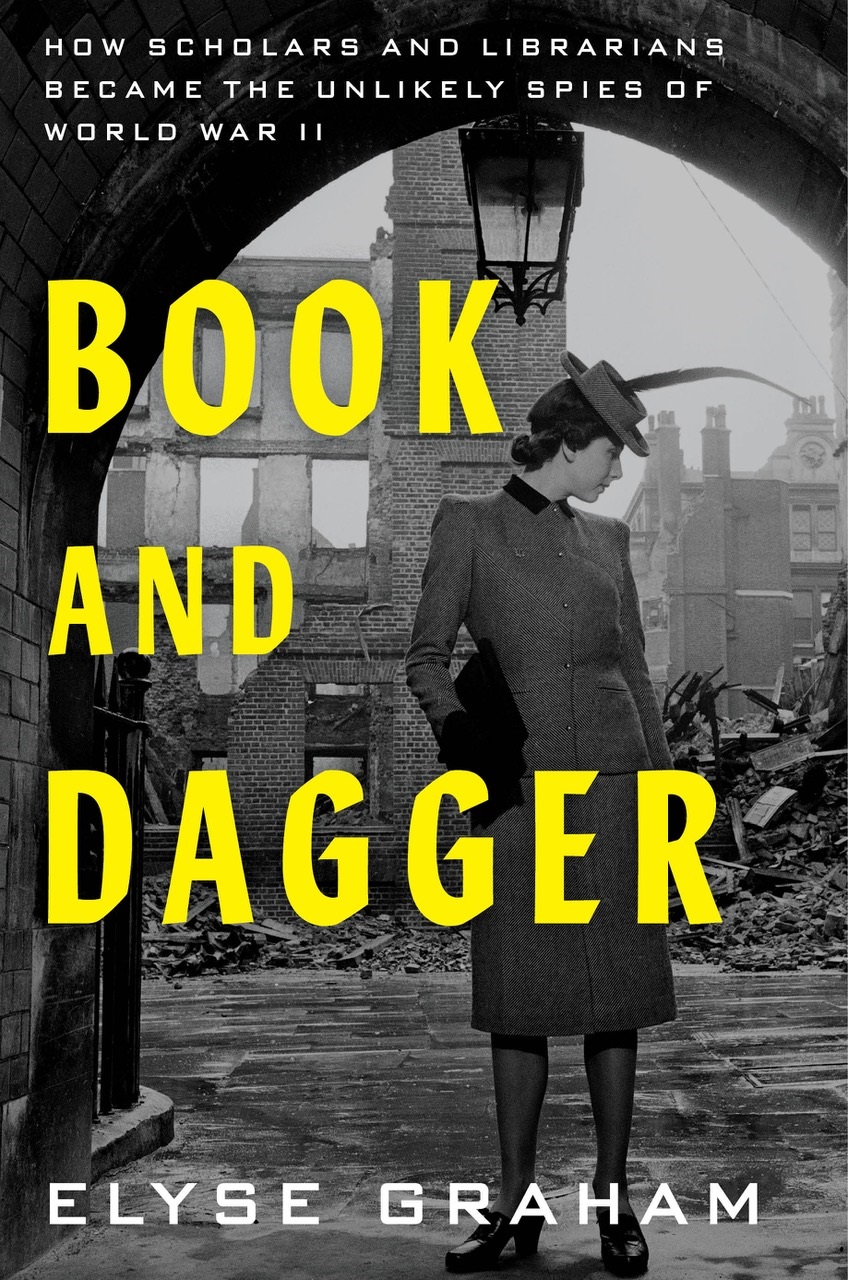 Book you've bought for the cover:
Book you've bought for the cover:
Silvia Moreno-Garcia's Mexican Gothic. Well worth it: eerie, haunting, harrowing, and expertly combines fantastical with real historical horrors.
Book you hid from your parents:
Not a book so much as a reading practice. I found a secret storage space behind a bookcase in my high school's library, and I used to skip class, hide there, and read. Sorry, Mom and Dad.
Book that changed your life:
When I say James Joyce's Ulysses, I mean specifically the experience of reading Ulysses in Maria DiBattista's literature seminar in college. I think it made me a better person, although it would take quite a long time to explain how or why. The idea that ways of looking are forms of ethics. The idea that the language in the novel reflects not so much the characters, but the larger social forces within which they're struggling to survive. The question of whether you can get through the day without being crushed by everything around you, whether you can survive the pressure of those larger forces with your voice and your humanity intact.
But this is one of those books that you need help to get through, at least the first few times around. Which is to say that books often change your life because of the teachers who change your life.
Favorite line from a book:
"I should not feel it to be strange." --Alfred, Lord Tennyson. There's a whole poem that comes with this one, but it's too long to quote.
Five books you'll never part with:
To keep things interesting, I'll make them nonfiction books.
Inside the Whale by George Orwell. I read this when I was younger, and it really knocked my socks off. Orwell just seemed endlessly curious, and he was willing to do serious reading and legwork to do justice to whatever he was writing about. He wanted to learn about the human cost of coal, so he went down a mine. I think Orwell's essays are his best work, and this is a fine collection of them.
The Great Cat Massacre by Robert Darnton. A truly great historical writer. He brings together a historian's rich understanding of the past on its own terms with a journalist's narrative flair. He's unmatched in his ability to find great stories in the archives.
Lose Your Mother by Saidiya Hartman. Hartman is a writer of great clarity and depth. She moves between history, imagining, and first-person retrospection so deftly, and so clearly, that her prose is very much like the living water of a river. This book chronicles a journey, in the present and past, along a route of the Atlantic slave trade.
American Studies by Louis Menand. I had just arrived in the United States when I saw this in a bookstore. I was like, "American Studies! This will explain everything to me." In Menand's most famous work, The Metaphysical Club, he describes an idea that I think informs most of his writing, including here: that ideas are tools that people use, need, cling to. It's an idea that's very useful for writing about the world of ideas.
A Walk in the Woods by Bill Bryson. Bryson is genuinely interested in the world, and his Midwesterner-transplanted-to-England-transplanted-back-to-the-United-States perspective yields an unrepeatable style of irony. His description in this book of what he would do if bears came into his campsite is unreprintable and unforgettable.
Book you most want to read again for the first time:
Edward P. Jones's All Aunt Hagar's Children. An absolute maestro of the short story.
You mentioned that your book takes inspiration from the genre "dark academia." What are some other books in that genre that you'd recommend?
There are the usual suspects: Donna Tartt's The Secret History, Susanna Clarke's Jonathan Strange & Mr. Norrell, R.F. Kuang's Babel, Leigh Bardugo's Ninth House. But the nonfiction authors in this space really prove that truth is stranger than fiction: the fabulous and famous include Kathy Peiss, Jonathan Petropoulos, Noah Charney, and Bret Witter and Robert Edsel.
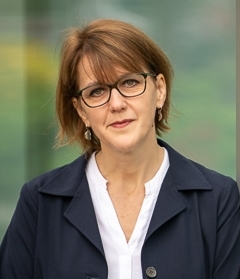 "The book industry has always been an unlikely amalgam of the very large and the unfeasibly tiny, the stellar famous and the unknown--each part of the business circling, supporting and reinforcing the others. We need, in the noisy environment we all inhabit, to take a moment, take a breath, take a beat, to understand the value of what we have, and to invest in it; to build it, and to support those booksellers taking books to readers."
"The book industry has always been an unlikely amalgam of the very large and the unfeasibly tiny, the stellar famous and the unknown--each part of the business circling, supporting and reinforcing the others. We need, in the noisy environment we all inhabit, to take a moment, take a breath, take a beat, to understand the value of what we have, and to invest in it; to build it, and to support those booksellers taking books to readers."






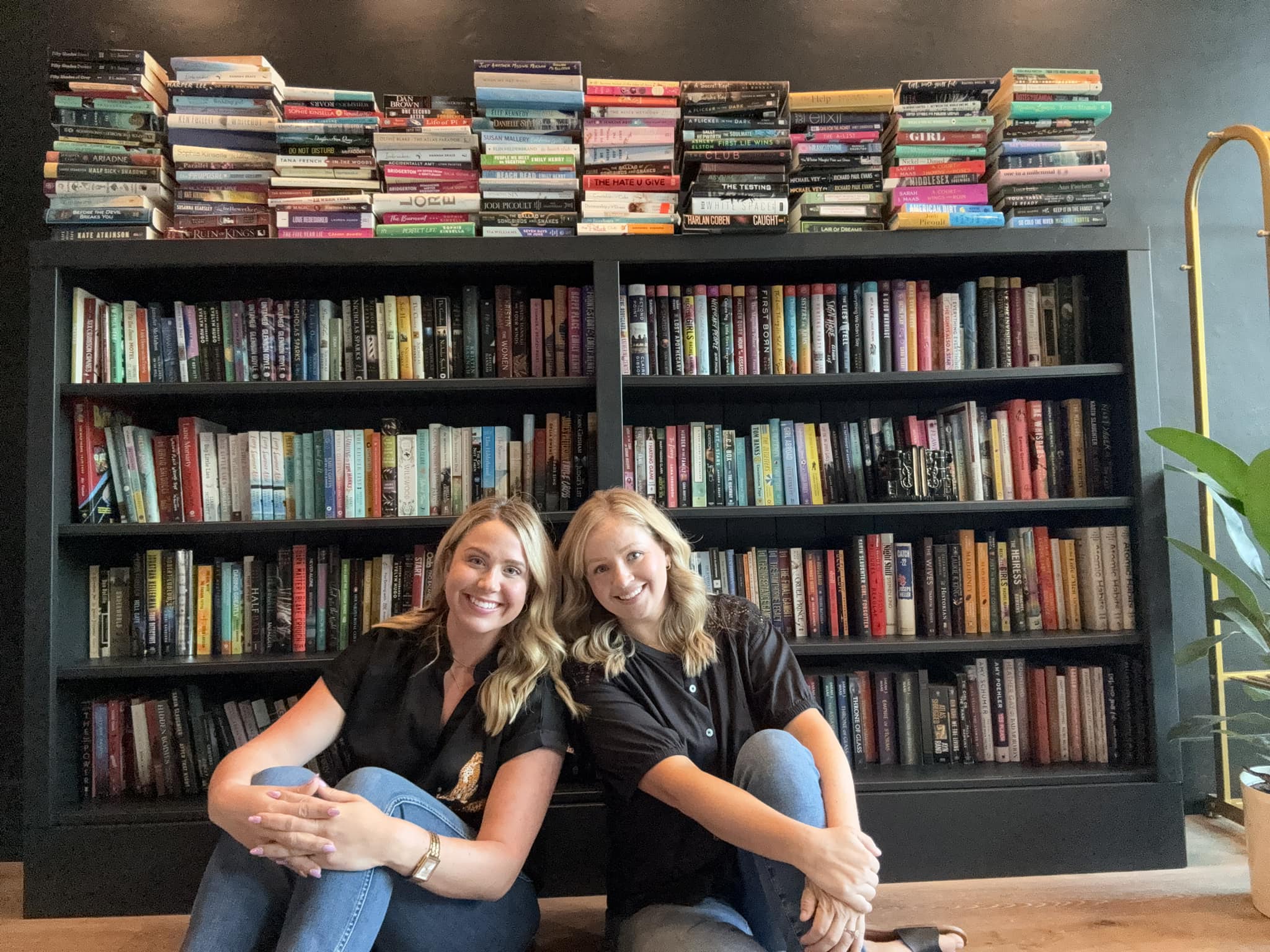

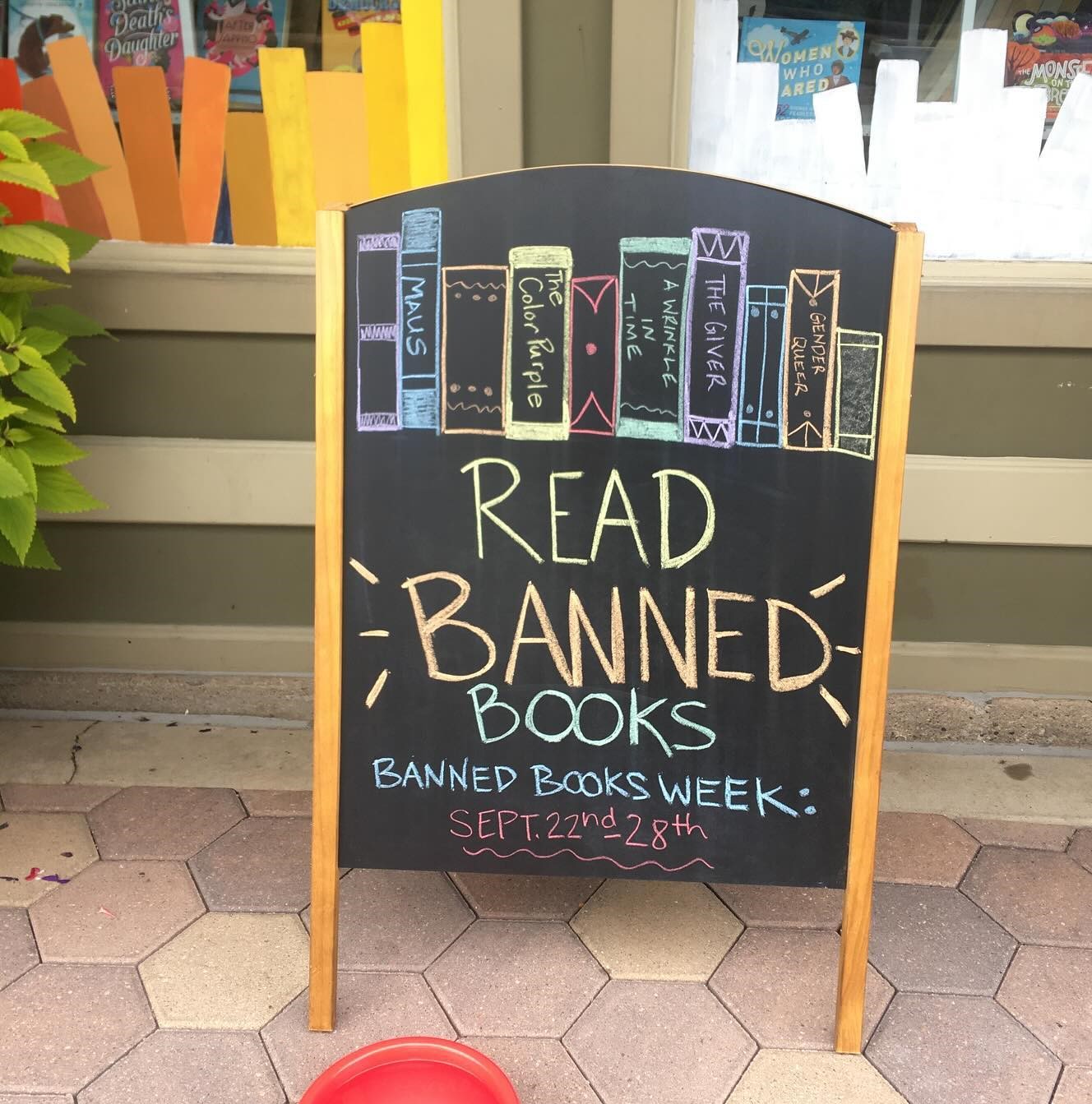
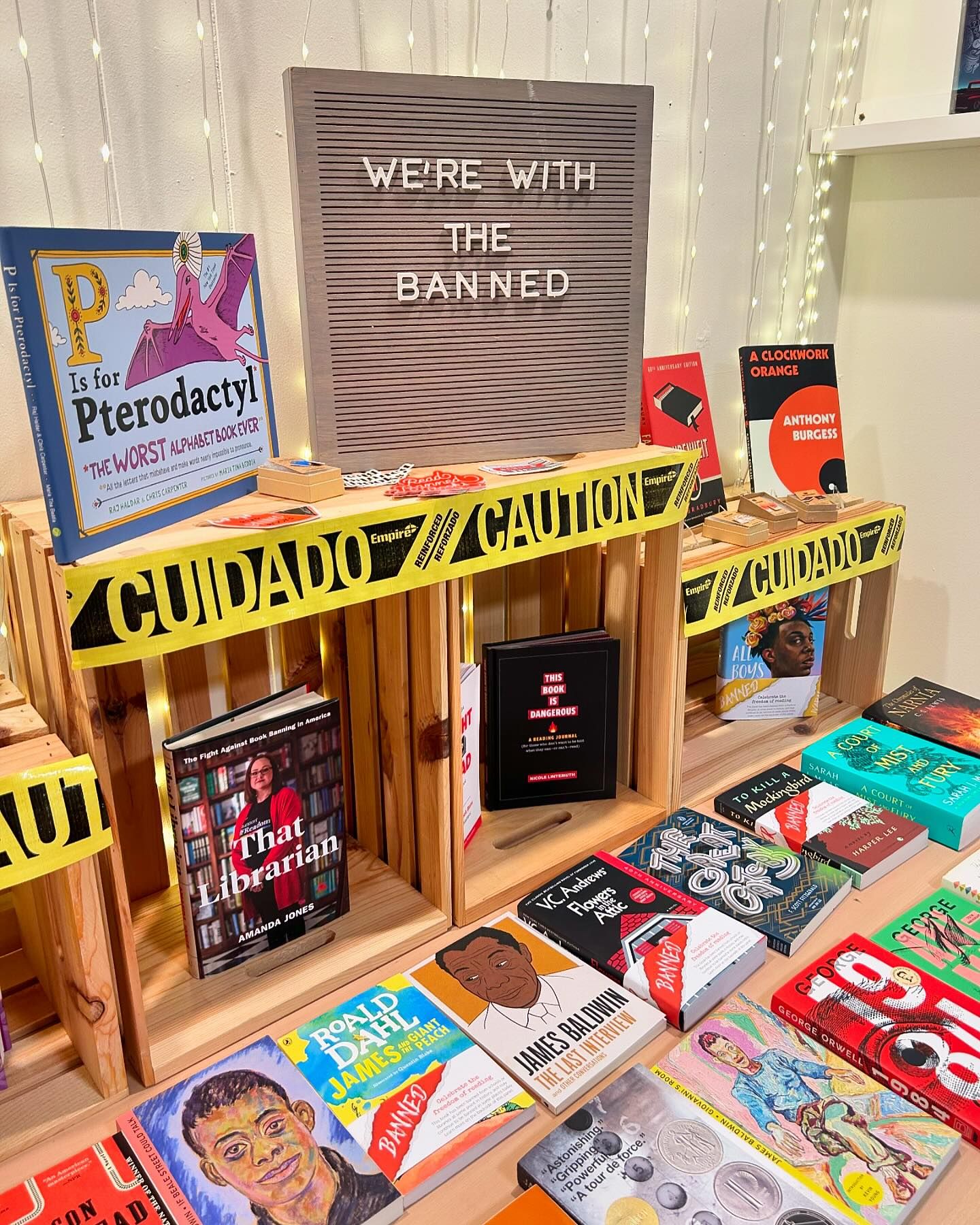
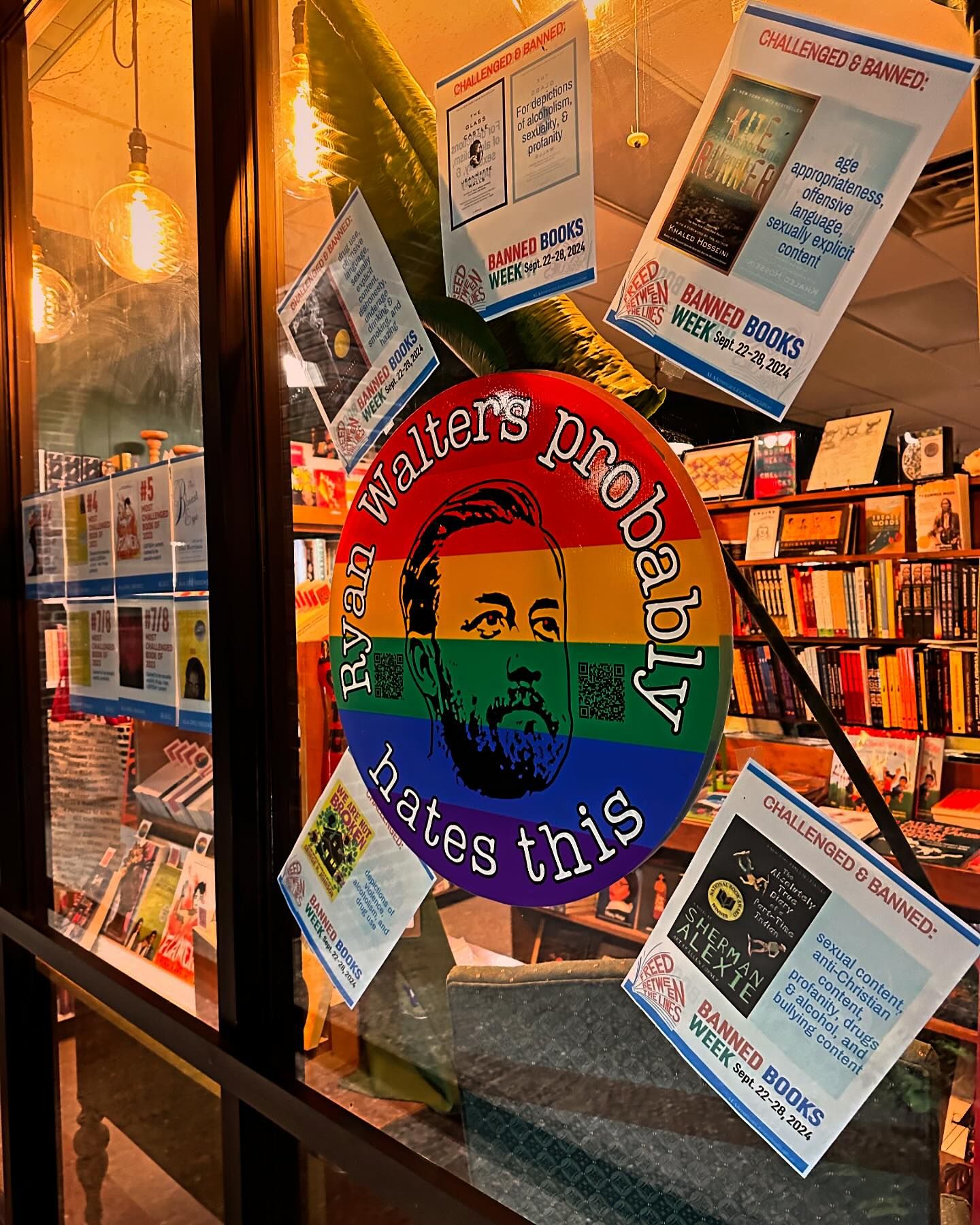
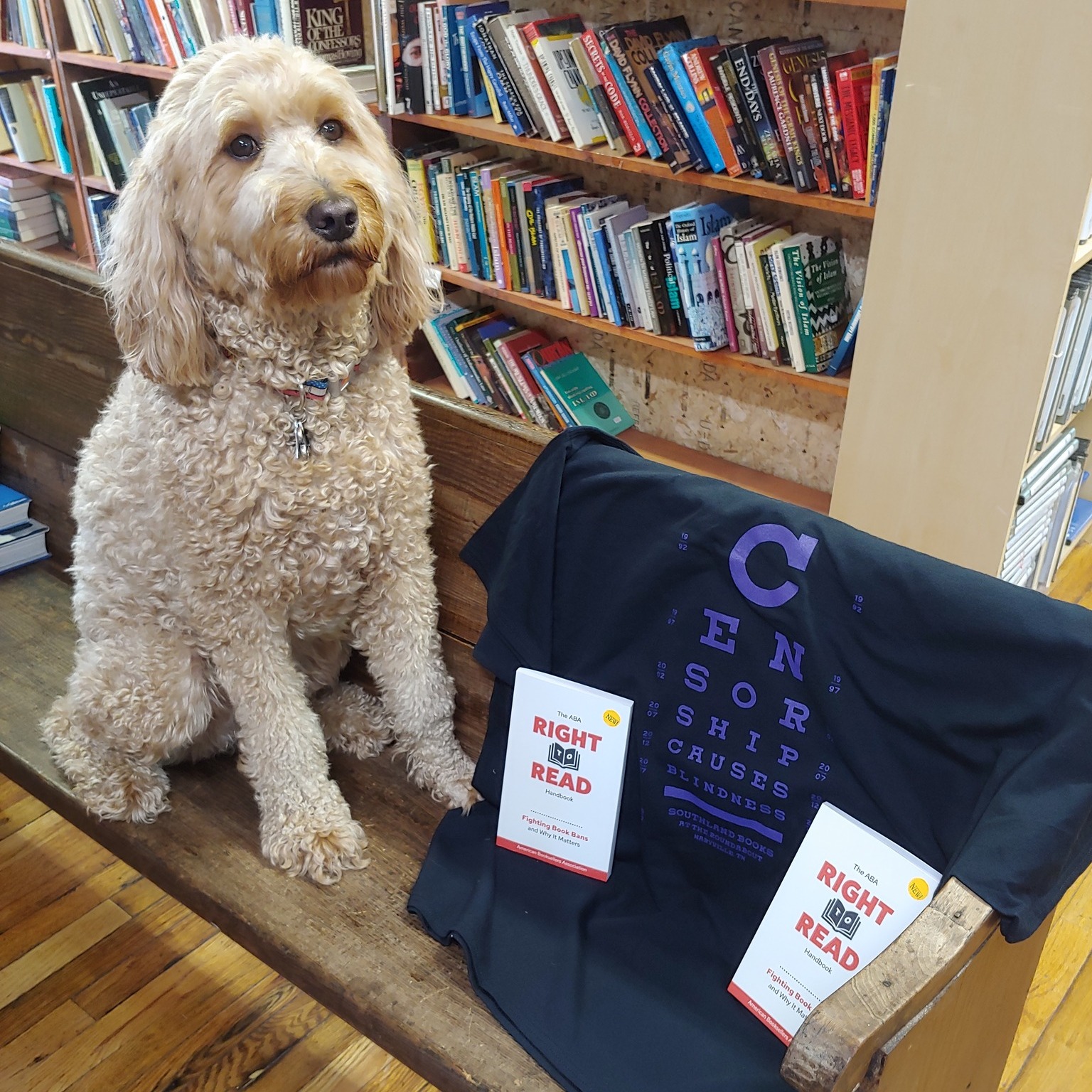
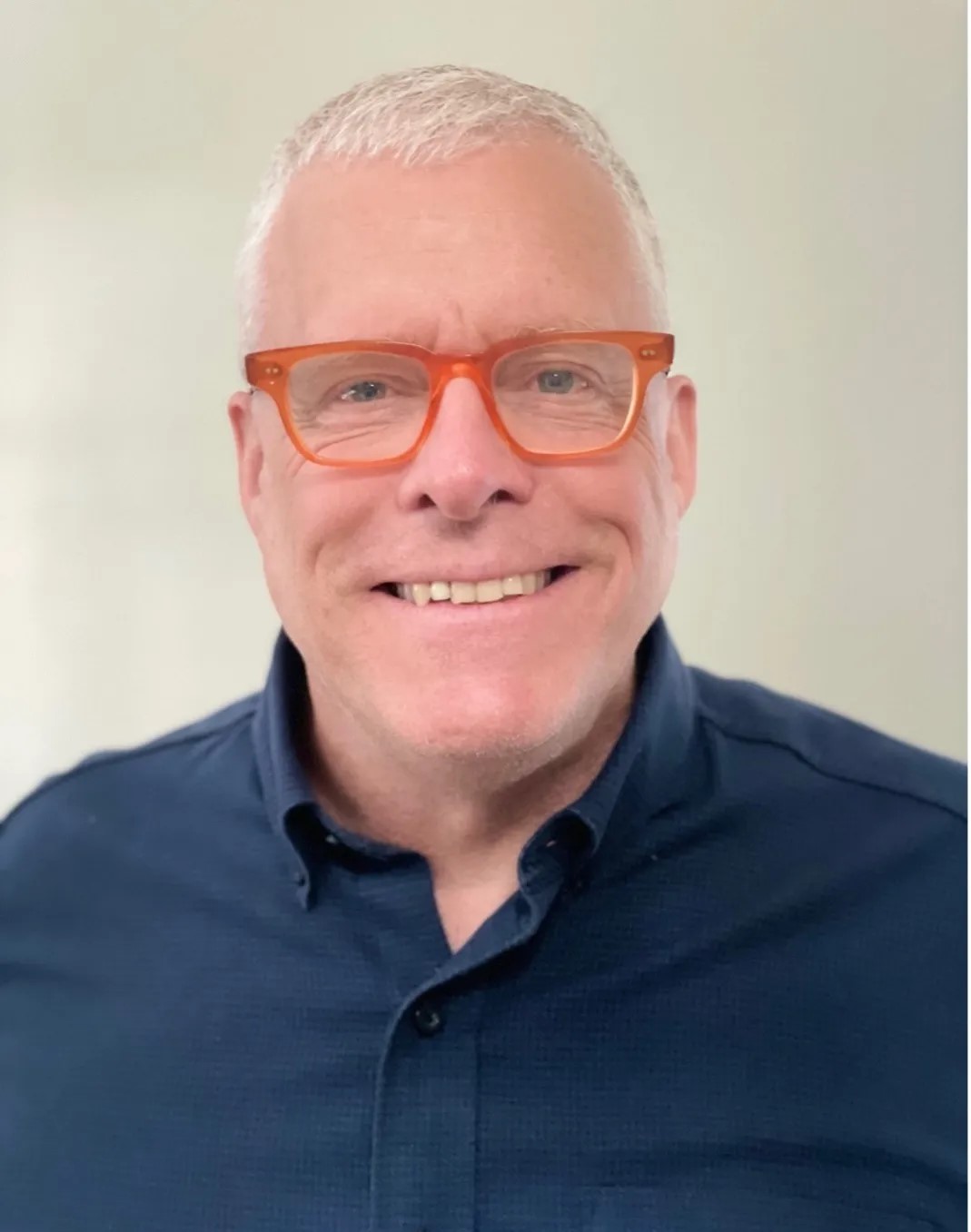
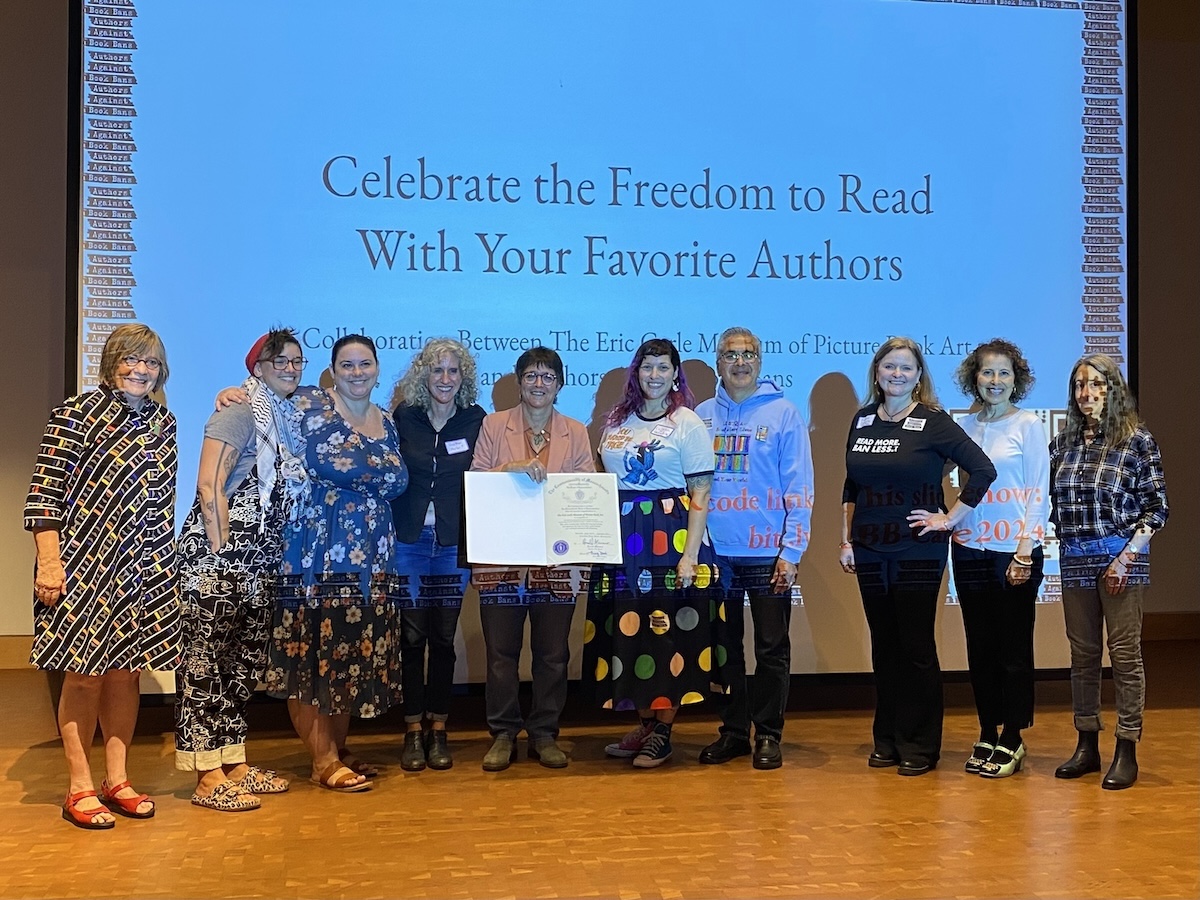 Massachusetts State Representative Mindy Domb presented a certificate of recognition to the Eric Carle Museum of Picture Book Art, Amherst, Mass., for its collaboration with Authors Against Book Bans (AABB):
Massachusetts State Representative Mindy Domb presented a certificate of recognition to the Eric Carle Museum of Picture Book Art, Amherst, Mass., for its collaboration with Authors Against Book Bans (AABB): 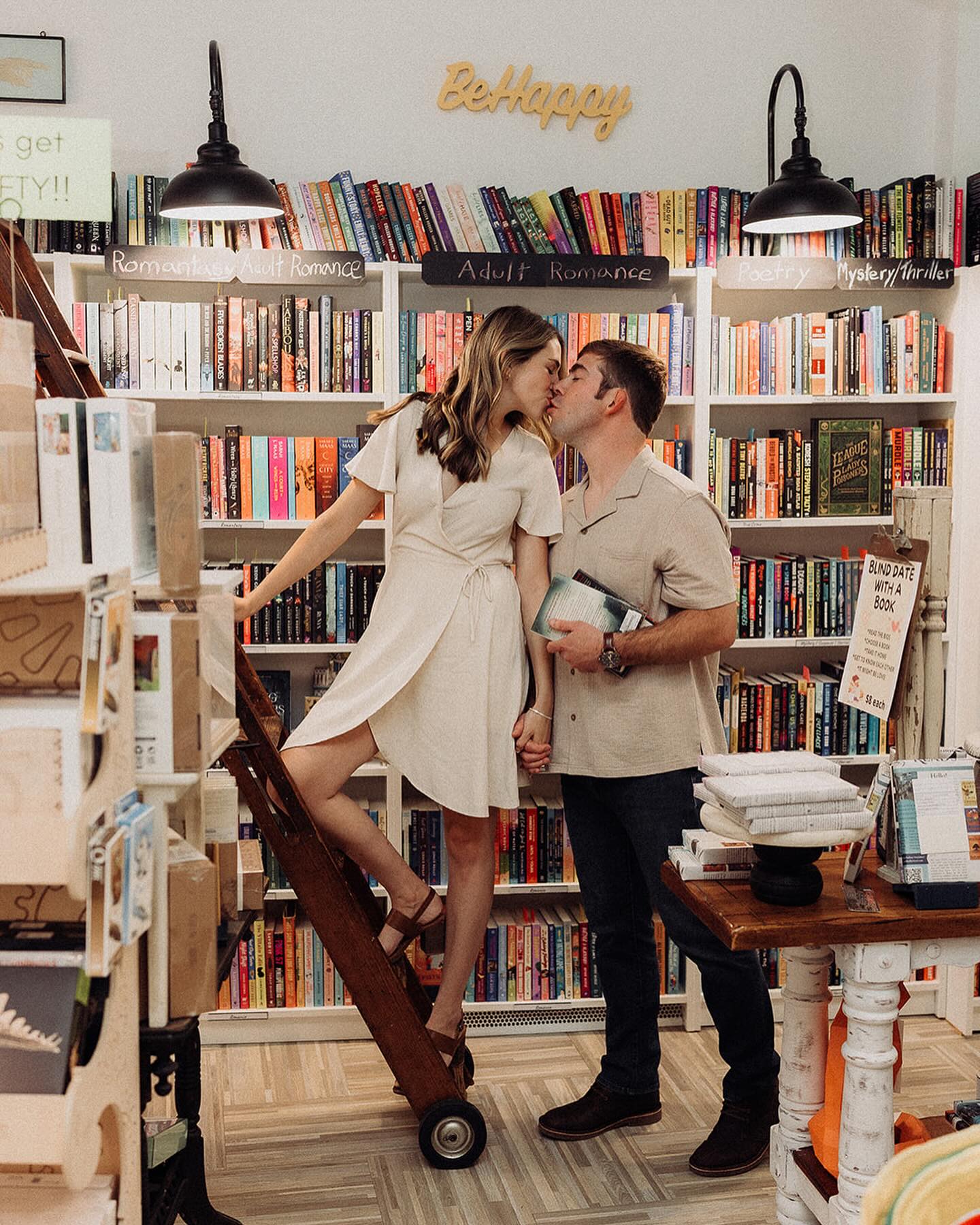 "Prepare to SWOON!!"
"Prepare to SWOON!!" 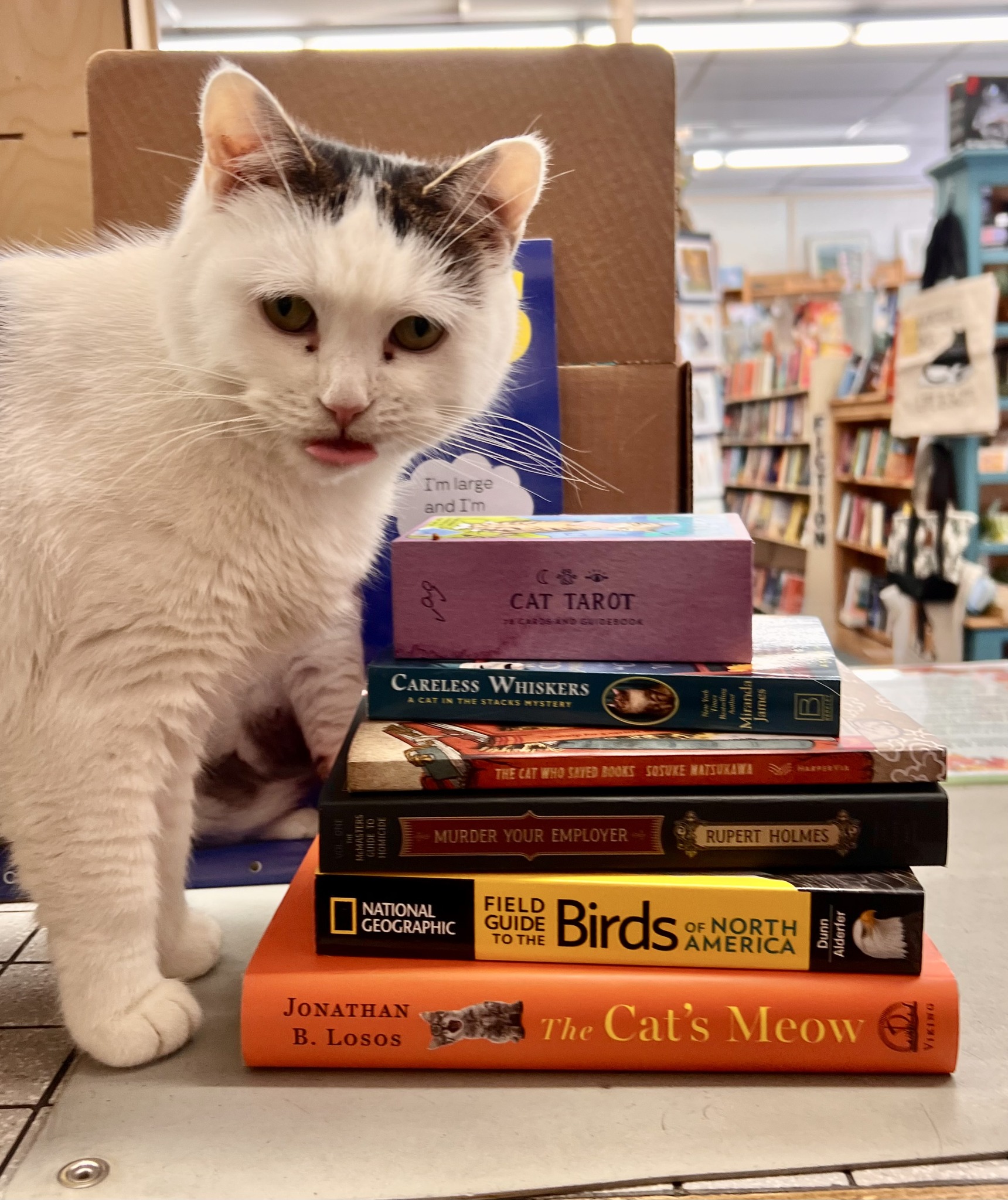 Posted by
Posted by 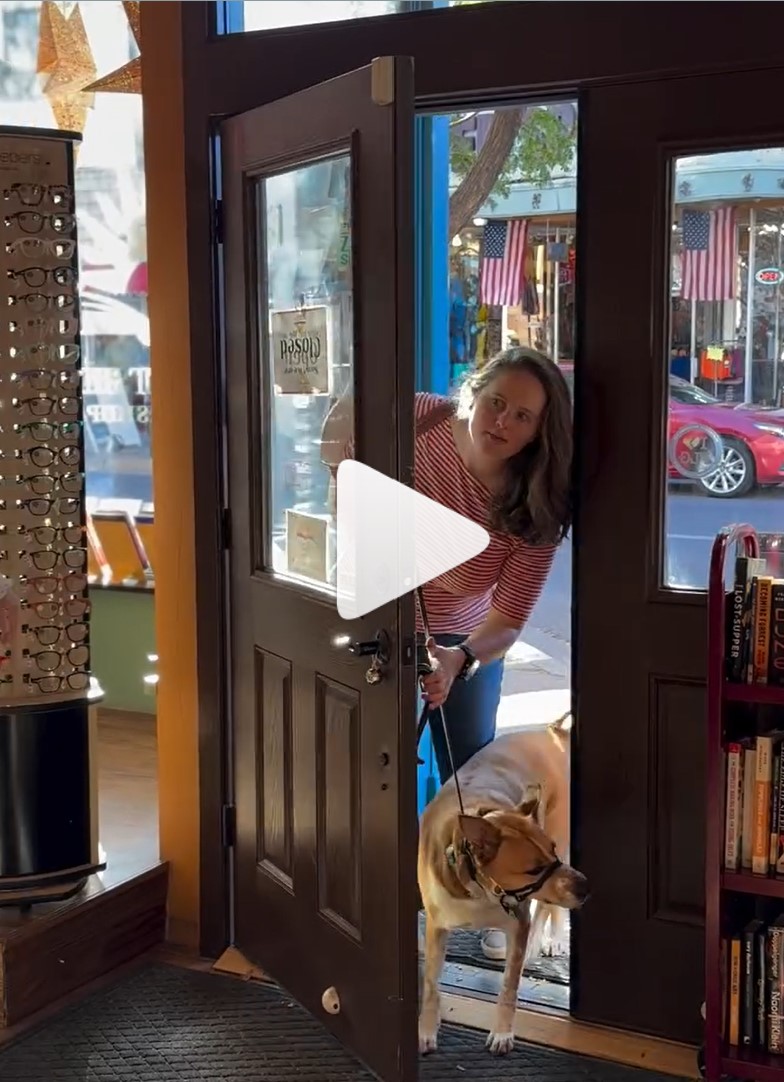
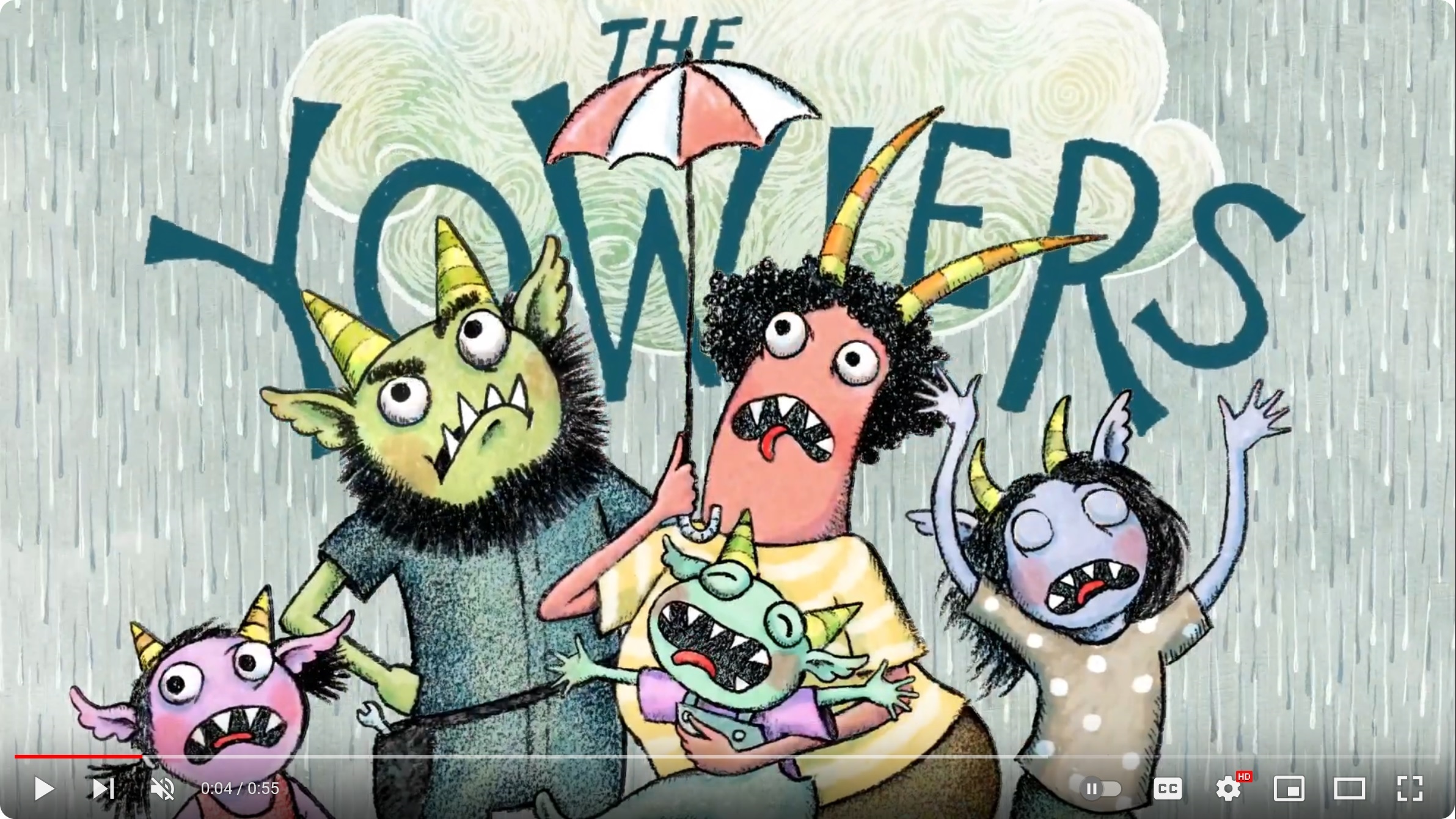 The Yowlers
The Yowlers
 Book you've bought for the cover:
Book you've bought for the cover: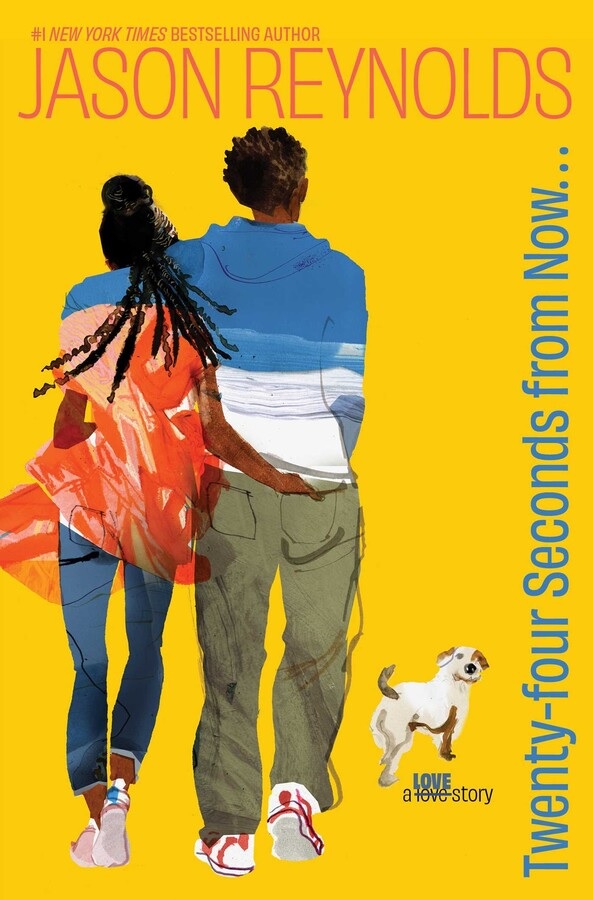 Multi-award-winning author and 2020-2022
Multi-award-winning author and 2020-2022 